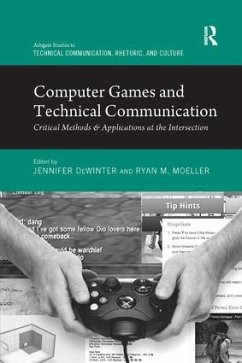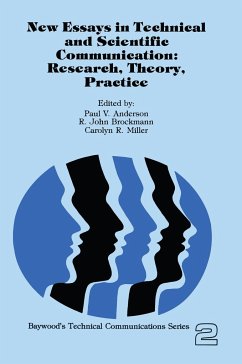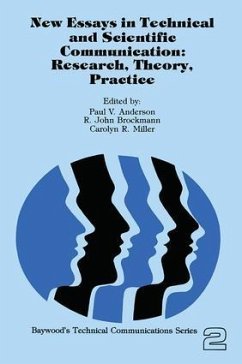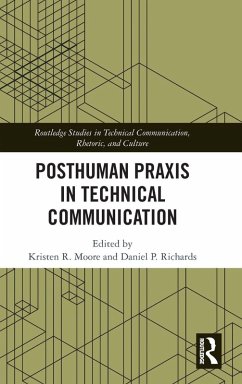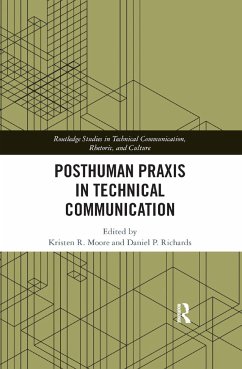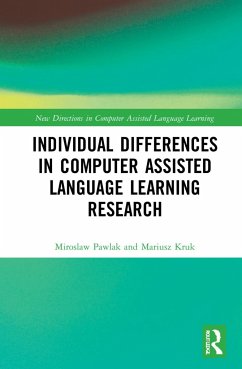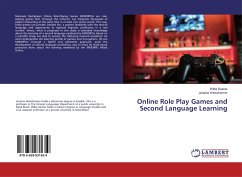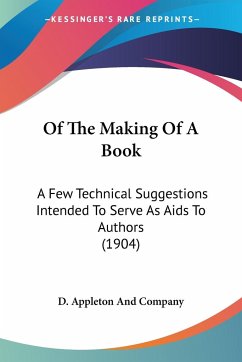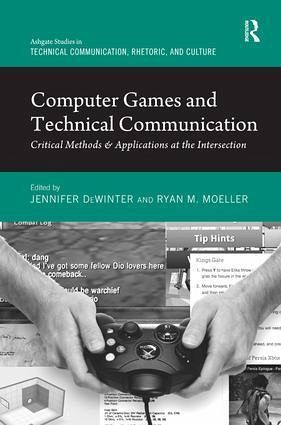
Computer Games and Technical Communication
Critical Methods and Applications at the Intersection
Versandkostenfrei!
Versandfertig in 1-2 Wochen
190,99 €
inkl. MwSt.
Weitere Ausgaben:

PAYBACK Punkte
95 °P sammeln!
Taking as its point of departure the fundamental observation that games are both technical and symbolic, this collection investigates the multiple intersections between the study of computer games and the discipline of technical and professional writing. Contributors engage with questions related to workplace communities and gamic simulations; industry documentation; manuals, gameplay, and ethics; training, testing, and number crunching; and the work of games and gamifying work.




